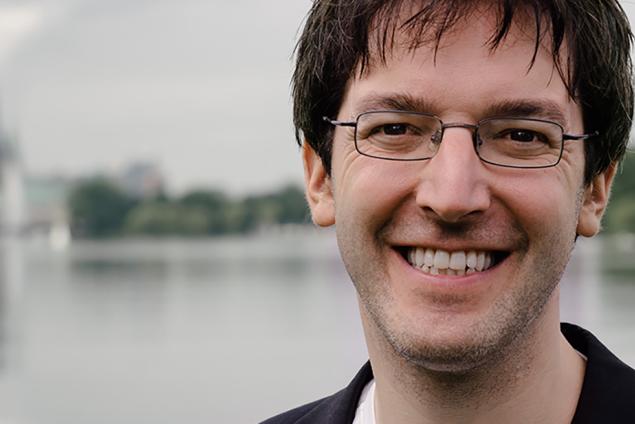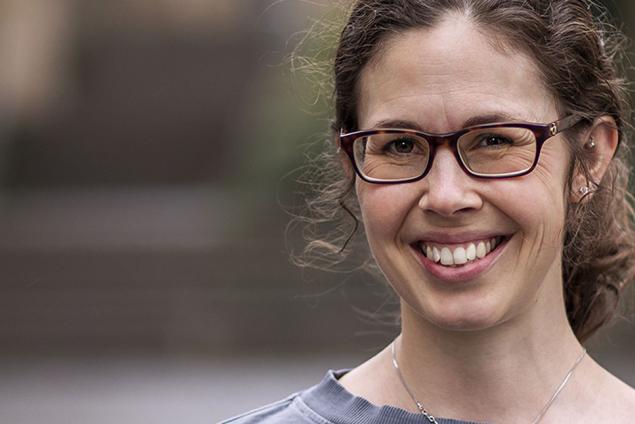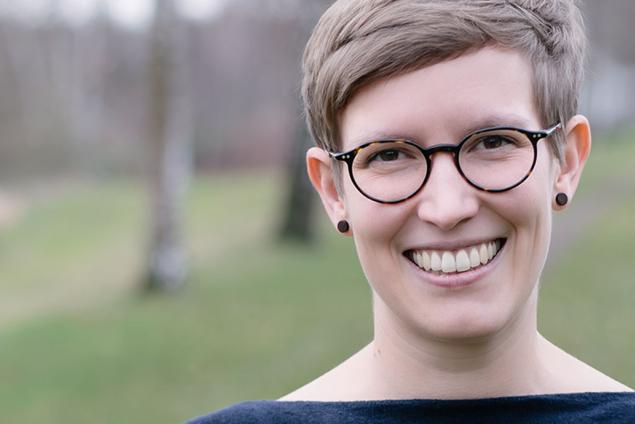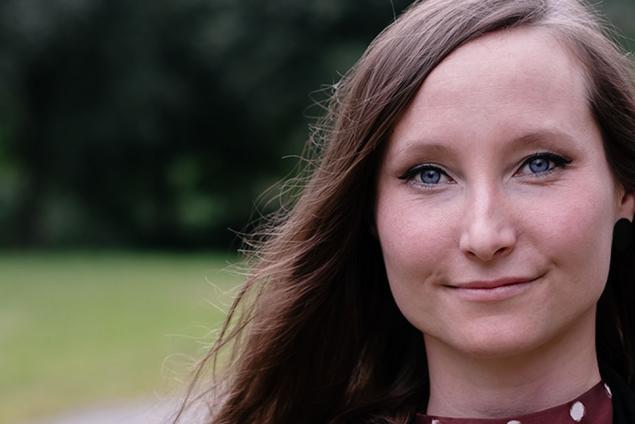Scroll to Section:
Global warming means that mankind needs to find ways to remove carbon from the atmosphere. In this video, SILVIA VIDAL MELGOSA highlights the fact that microalgae remove as much carbon as all plants on land and considers what we can learn from these natural processes. Collecting samples during a three month microalgae bloom in the North Sea, Vidal Melgosa underlines the fascinating role played by the polysaccharide molecule sulfated fucan. Resistant to bacteria and encouraging the formation of heavier particles that can sink and thereby store carbon at the bottom of the ocean for millennia, Vidal Melgosa’s analysis of sulfated fucan shows how it could make an important contribution to blue carbon strategies. Further research will explore the global relevance of these findings while also analyzing the contribution of different microalgal polysaccharides.
DOI:
https://doi.org/10.21036/LTPUB101035
Institution
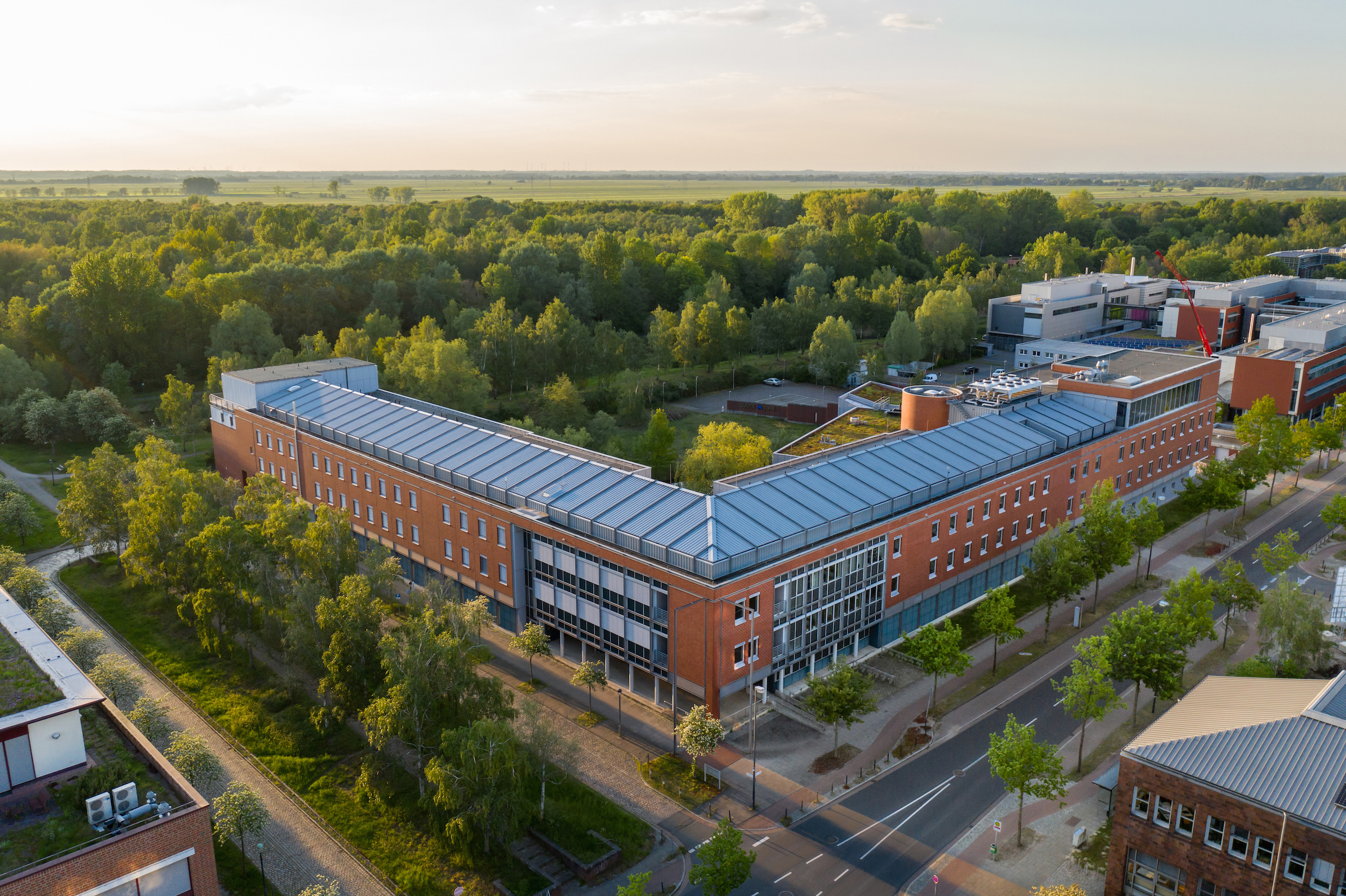
Max Planck Institute for Marine Microbiology
At the Max Planck Institute for Marine Microbiology (MPIMM), we are investigating microorganisms in the sea and other waters. What role do they play, what are their characteristics and how great is their biodiversity? What is the contribution of microorganisms to the global cycles of carbon, nitrogen, sulfur and iron? What does this mean for our environment and our climate? These and many other questions will be answered by researchers from around the world, engineers, technicians and numerous others at the MPIMM. Their fields of expertise range from microbiology to microsensors, geochemistry to genome analysis and molecular ecology to modelling.
The MPIMM was founded in 1992 and is part of the Max Planck Society (MPG). Since 2002, the MPIMM has been running the International Max Planck Research School of Marine Microbiology ( MarMic ), a program for highly qualified master students and graduates of our institute and the Bremen Research Alliance partner Bremen University, Alfred Wegener Institute Helmholtz Center for Polar and Marine Research ( AWI ) and Jacobs University.
Show more
Original publication
Diatom Fucan Polysaccharide Precipitates Carbon During Algal Blooms
Nature communications
Published in 2021
Reading recommendations
Spontaneous assembly of marine dissolved organic matter into polymer gels
Published in 1998Polysaccharide Aggregation as a Potential Sink of Marine Dissolved Organic Carbon
Nature
Published in 2004
Beyond
A Personal Reading Recommendation
An Alarming Challenge for Society
If I Had a Second Life
A Personal Reading Recommendation
